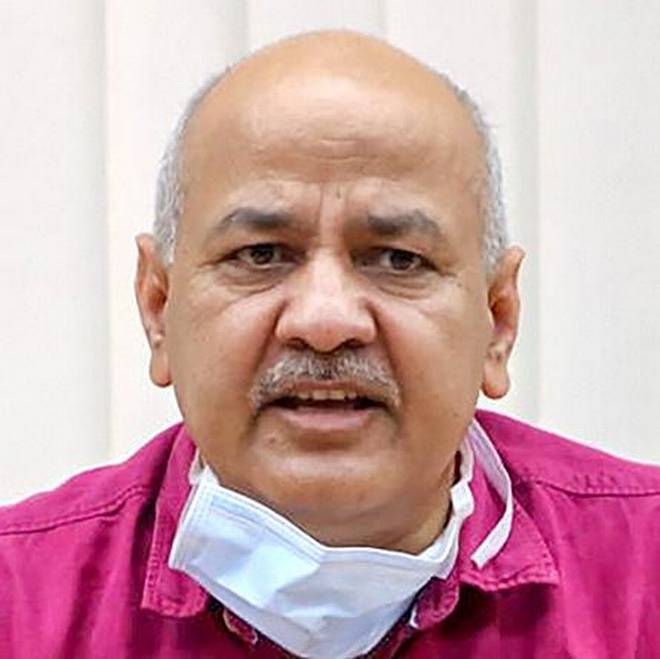The seven-day Delhi Education Conference began on Monday with an independent report on the Delhi government’s education reforms since 2015 being released by the Boston Consulting Group.
In its report, the American management consulting committee said that the education reforms have definitely had an impact on learning outcomes as CBSE Board results have shown a steady increase and that there is improvement in Foundational Literacy and Numeracy (FLN) outcomes in Classes 6 to 8 as well, although much remains to be done.
“New curricular elements such as Happiness Curriculum (HC) and Entrepreneurship Mindset Curriculum (EMC) have been received positively. Student attendance is improving and students also attested to increased teacher attendance and engagement during focus group discussions (FGDs),” the report said.
It pointed out that the true impact of Delhi’s reforms has been vitalising the entire system and infusing a sense of renewed aspiration, belief, and deep motivation into every stakeholder.
Deputy Chief Minister and Education Minister Manish Sisodia said that although a lot has been done to strengthen the infrastructure of schools in Delhi and improve quality of education via teacher training and better school management, the real result still remains to be achieved.
“The real success will be when every child leaves the school with a passion to do something for their country and commit to driving a change. They should be conscientious human beings entering the workforce,” Mr. Sisodia said. The ultimate goal, he added was to to transform the society and have citizens who’re true committed patriots with an entrepreneurial mindset and will contribute to the country.
Mr. Sisodia also said that in the post-COVID scenario when schools reopen, the school management committees would play a major role. “We want to focus on amplifying the role of SMCs in the post-COVID era, and bridge the gap between parents and schools further,” he said.
The panel discussion was followed by a keynote lecture by educationist and author Lucy Crehan who said that no education system becomes top performing, let alone equitable, by focusing on educating just a minority of students to high levels.
Over the week, the conference will see 22 education experts from India and seven other countries, who will discuss the public education systems around the world. These include experts from India, the U.S., Finland, England, Germany, Singapore, Netherlands and Canada.
Source: The Hindu




.jpg)






.jpg)

.jpg)
.jpg)
.jpg)
.jpg)
.jpg)










Sorry! No comment found for this post.